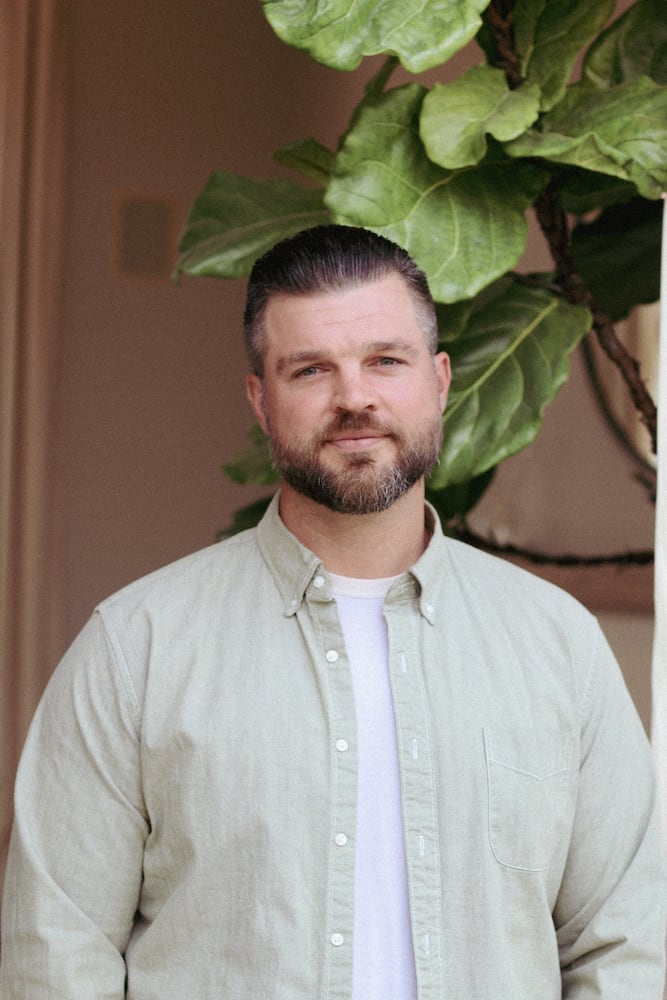Cognitive-behavioral therapy (CBT) is one of the most heavily researched forms of talk therapy, or psychotherapy, and focuses on identifying and coping with maladaptive behavior. Patients are taught and trained to change the way they feel by changing the way they act, and even think, through thought exercises, frequent sessions, and a set of core principles:
- The root of many instances of mental health issues is unhelpful or faulty thinking, caused either by external or internal factors.
- Another root is unhelpful or faulty pattern-forming behavior, especially maladaptive coping mechanisms.
- Patients with mental health problems can improve by addressing their thoughts and behavior, and thereby affecting their psychological health to a certain degree.
CBT has been proven to be effective in the treatment of depression, anxiety, substance use disorder, eating disorders, and other forms of mental illness. CBT is more effective than many other forms of talk therapy and most effective in combination with medication. One of the reasons CBT is the primary modality for many therapists is because of its strong history of evidence from multiple peer-reviewed studies and decades of research.
There is also a heavy emphasis on flexibility. While all CBT is based on the core principles mentioned, therapists are encouraged to mold a program that suits their patients. Strategies for doing so may include:
- Understanding that one’s perception is affecting one’s feelings and emotions, rather than reality itself.
- Developing a greater sense of empathy, and understanding how others see the world.
- Learning to use certain logic or mental rhetoric to deal with illogical thoughts.
- Building one’s self-confidence and self-esteem through healthier habits.
In many cases of CBT, there is also a focus on learning to become one’s therapist over time. This isn’t a goal but is rather a byproduct of continuing to go through lessons at one’s own pace at home and continuing to work with developed coping skills.

























